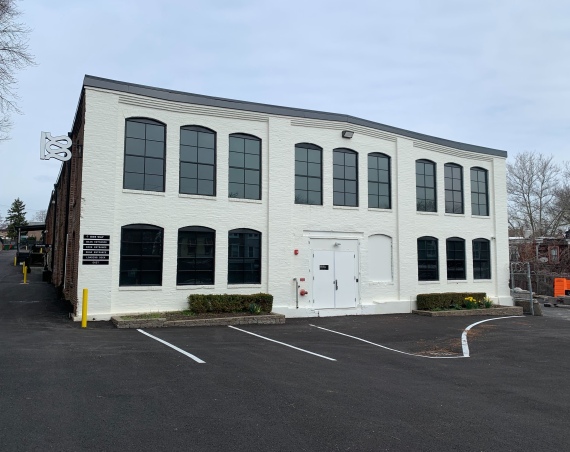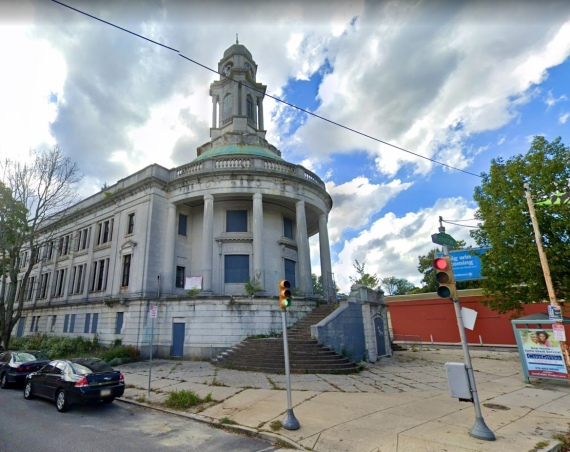Dr. Kennard L. Herring named his business Nostalgic Eye Care because he wanted his patients to have a positive, memorable experience when they came to get their eyes checked. He opened the practice in 2017 in Mt. Airy, making it what he knows as the only Black-male owned optometry office in Philadelphia. After speaking with Dr. Herring, it became clear that he thinks a Black optometrist can make it easier for some Black patients to relax in the office.
A 2018 study supports his thoughts. Stanford University study, “Does diversity matter for health,” found that Black men paired with doctors of the same race have better doctor-patient communication than Black men paired with non-Black doctors. The pairing encouraged Black men to select preventative services. They were more open to sharing their experiences with their doctors. The study also showed that Black doctors took more notes on their patients than their white counterparts.
And while the researchers designed this study around cardiovascular screenings and flu vaccinations, it provides context for the need for representation across health professions. Yet, in 2022 we still see very low percentages of Black healthcare professionals across the states. Herring received his degree from Salus University in 2014 after coming to Philadelphia to pursue optometry in 2010. He represents only 2% of the practicing optometrists in the United States who identify as Black.
The optometrist says that relatability and comfortability are just two things that help him serve his Black patients better. I spoke with Dr. Herring to discuss the significance of having a Black-owned practice, and here is some of what he had to say.
How does being a Black optometrist impact your care for Black patients?
There’s relatability and comfortability. It builds trust and allows the patient to be more forthcoming about what’s going on with them and to where I could be able to address that better. And this practice provides that experience for them. One of the mottos we have [at Nostalgic Eye Care] is we’re a family.
And I want you to feel like we’re a family and be able to have those open-type dialogues so I can assist [them] to the best of my ability.
But that relatability is important–and it’s important for me as a practitioner. I want to be myself when I practice. I don’t want to have to code-switch all the time. There are times I gotta do it, but I want to be myself. You know, be able to just be myself and allow my culture to flourish within the care that I’m providing. So I think that’s what makes the difference. And I think that’s what people enjoy about our office here.
What is the importance of having your own office?
I find that a lot of optometrists of color go into these big box practices like VisionWorks, LensCrafters, and so forth. And those types of entities don’t allow you to do the outreach like I’m doing. To have that flexibility to really integrate yourself into the community, give back when you want, and have interviews when you want to share that knowledge and mentor.
I really think it’s important to have your own office where you can do those things because it’s a lot more rewarding when you have the flexibility to just work in that community how you want to work in that community.
What has been your experience having self-owned practice?
But it’s my work, so I enjoy it. Having your own practice, you gotta do a lot of personal and business growth. You have to continue to learn and pivot.
One of the great things that I enjoy about having the practice is being a part of the community the way I am. And to be forthcoming, I didn’t know I would. You know, to provide a service to the community, you can uplift and change the community. And people in my area have embraced me. They go here for eye care. I’m seeing their children. I’m seeing their families. I do a lot of service events and provide free eye care and eyeglasses to underserved or low-income families. I offer job opportunities for people in the neighborhood.
To see my practice come into being so many things has been a true joy.
Are there any last thoughts or advice you want to share?
Lastly, I’ll say that optometry is a great industry. Everybody needs to see an eye doctor eventually. And I know it is one of those industries that’s not as popular; it’s something that people fall into. Overall it’s a really great field. It’s very versatile, and there are a lot of job opportunities. And you can’t replace eyes–at all. So yeah, don’t leave optometry out.
And get your eyes checked. That’s important. It’s more to eyes than vision. If your eyes don’t work, putting eyeglasses on or contacts in them is not going to help you see.



